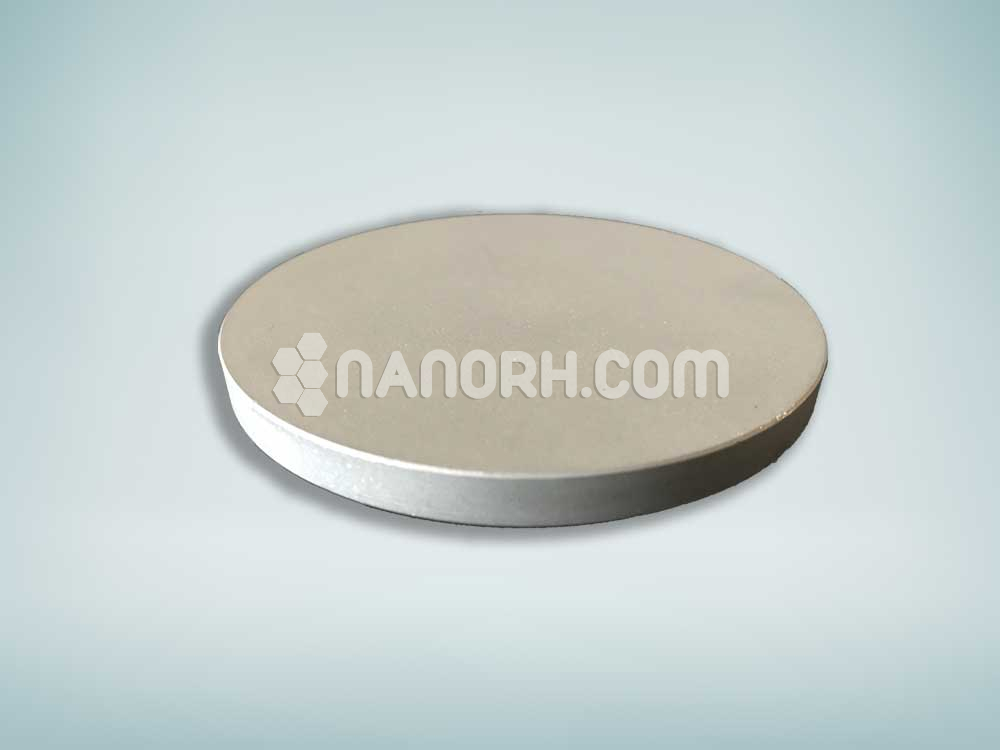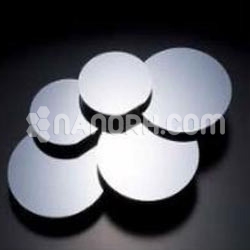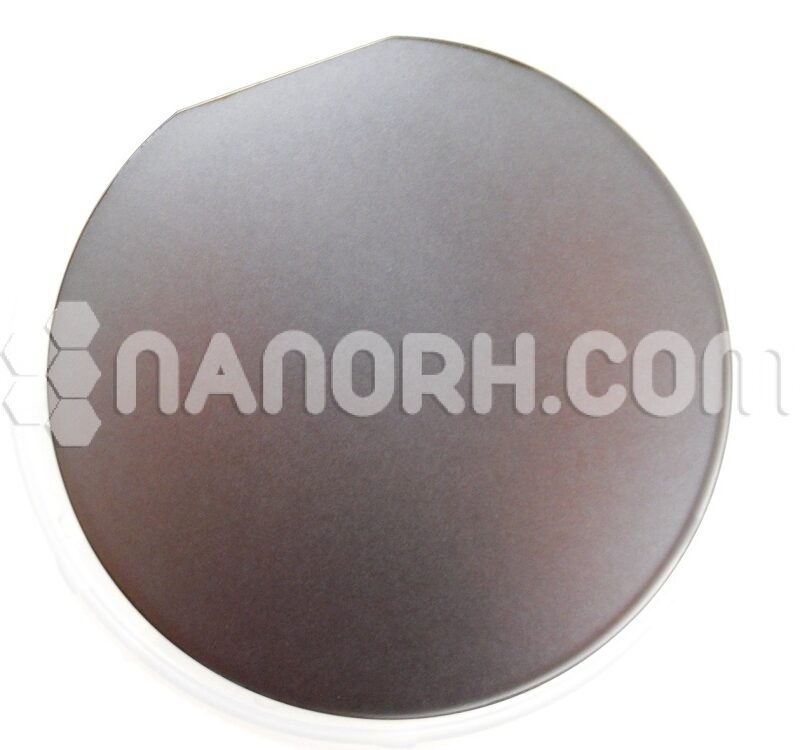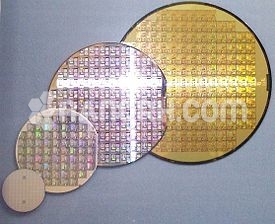| Tungsten Boride Sputtering Targets | |
| Product No | NRE-43589 |
| CAS No. | 12007-09-9 |
| Formula | WB |
| Molecular Weight | 194.65 |
| Purity | >99.9% |
| Density | 15.3 g/cm3 |
| Thickness | 3 mm ± 0.5mm (can be customized) |
| Diameter | 50 mm ± 1mm (can be customized) |
| Shape | Round |
| Resistivity | NA |
| Thermal Conductivity | NA |
Tungsten Boride Sputtering Targets
Introduction:
Tungsten boride sputtering targets is a compound known for its exceptional hardness, thermal stability, and wear resistance. These properties make tungsten boride a valuable material in various industrial applications, especially in hard coatings and cutting tools. Sputtering targets made from tungsten boride are used in physical vapor deposition (PVD) processes to create high-performance thin films with specific mechanical and thermal characteristics.
Applications:
Cutting Tools: Tungsten boride coatings enhance the durability and wear resistance of cutting tools, making them suitable for machining hard materials.
Wear-Resistant Coatings: WB is used to produce wear-resistant coatings on various components, including pumps, valves, and mechanical parts, improving their lifespan and performance.
High-Temperature Applications: The thermal stability of tungsten boride allows it to be used in high-temperature environments, such as in aerospace and automotive components.
Electrical Contacts: Tungsten boride can serve as a conductive layer in electrical contacts, benefiting applications where good conductivity and wear resistance are essential.
Surface Hardening: Coatings made from tungsten boride can improve surface hardness and resistance to abrasion, making them suitable for protective applications in various industries.
Advantages
High Hardness: Tungsten boride exhibits superior hardness, making it ideal for applications requiring wear resistance.
Thermal Stability: The compound maintains its properties under high-temperature conditions, ensuring reliability in demanding environments.
Controlled Composition: The sputtering process allows for precise control over the composition and thickness of the deposited films, tailored to specific applications.




